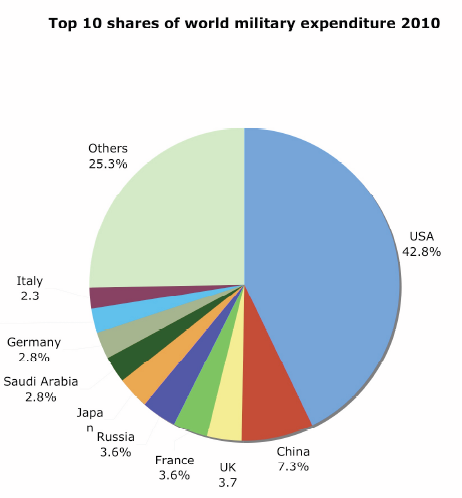As the World has shrunk and we have become more connected, time has become a much more valued commodity than in the past. Since 1980 the number of people working more than 50 hours a week has increased dramatically among all but the lowest earning working populations.

Aside from this, a shocking number of employees are also required to keep their minds on work even on their time off such as the weekend or on sick leave. As people have begun spending more time at the office, these changes have led to a culture where people begin to stress over the question of whether or not they should go spend time with their friends this weekend or work on that report they have to do next week.
American jobs have historically been the most productive in the world, with productivity up more than 80% in the past 30 years however it has almost no tie to an increase in income for the majority of workers. Much of this increased productivity, which should help raise wages for all employees, is being used to make the top 1% almost two and a half times wealthier today than they were in the past and this is effectively making middle and working class people poorer as the living wage continues to rise with inflation their stagnated wages haven't even been growing to match it. If the majority of workers are to not see any economic gain, then should there not be some kind a labor revolt for pay to reflect productivity and how much their worth to the company?
Over the past century increasing productivity has become the most valued thing in any employee and this has led to a corporate culture where there is a constant pressure for more work to be done with the same or fewer employees. All of this pressure to work harder isn't even being reflected in employee compensation or leisure time. All of this has contributed to the overall reduction of happiness as the world has grown to operate faster and more complicated.
